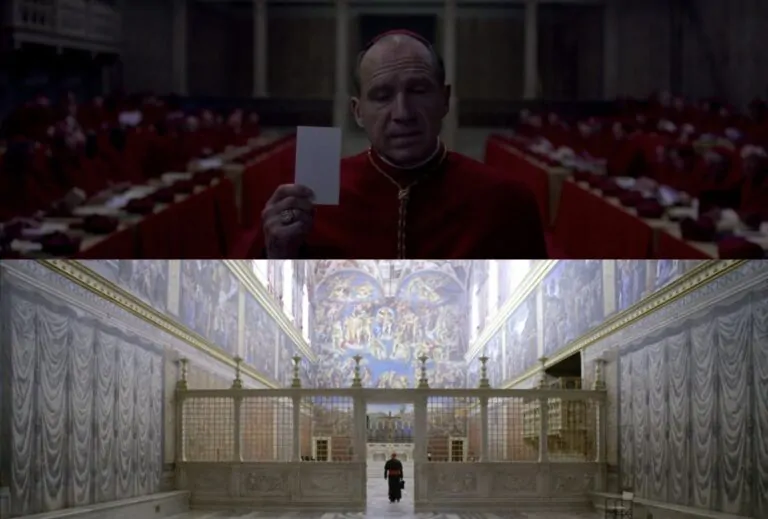
eddie romero
The Cultural Center of the Philippines (CCP) recently paid tribute to the late National Artist for Film Eddie Romero through the “CCP Cine Icons: Eddie Romero @ 100,” a series of screenings featuring digitally-restored versions of his classic films. Romero, who was honored with the National Artist award in 2003, left behind a lasting legacy that continues to be celebrated by audiences across generations.
The collaboration between CCP, the Society of Filipino Archivists for Film (SOFIA), ABS-CBN Sagip Pelikula, Cinema One, and the FPJ Archives aimed to showcase Romero’s unparalleled artistry through a lineup of screenings that highlight his contributions to Philippine cinema. The series kicked off with a special screening of “Aguila,” a 1980 period drama film starring the late National Artist Fernando Poe Jr., at the GSIS Theater on April 3.
“Aguila” tells the story of Daniel Aguila, whose family gathers to celebrate his 88th birthday only to discover that he has been missing for a decade. One of his sons embarks on a journey to find his father, leading to the unraveling of Daniel’s life and the history of the Philippines through 80 years of personal and historical development.
The second film featured in the series was “Ganito Kami Noon, Paano Kayo Ngayon?” a 1976 period drama film that follows the adventures of a peasant boy named Kulas during the Philippine Revolution and the Philippine-American War. The film was screened at the UPFI Film Center and will have a second premiere at De La Salle University in Manila on July 20.
“Kamakalawa,” a classic fantasy film premiered in 1981, explores the folklore of prehistoric Philippines in an adventure filled with gods and mythological creatures. The digitally-restored version of “Kamakalawa” will be screened at the PUP Theater on June 25, followed by a talkback session with the audience.
Another highlight of the series is “Hari sa Hari, Lahi sa Lahi,” a 1987 Filipino-Chinese epic historical drama set in the 14th century. The film depicts the friendship between the Chinese Emperor Yong Le and the King of Sulu, Paduka Pahala, and serves as a collaboration between CCP and China. The digitally-restored version of the film will premiere at the Tanghalang Ignacio Gimenez (CCP Black Box Theater) on July 21, marking the culmination of the “CCP Cine Icons: Eddie Romero @ 100” series.
Other films included in the series are “Banta ng Kahapon,” “Lost Battalion,” “The Raiders of Leyte Gulf,” “The Walls of Hell,” “Black Mama, White Mama,” and “Savage Sisters.” These films showcase Romero’s versatility as a filmmaker and his ability to create compelling narratives across different genres and themes.
To stay updated on future film screenings from CCP Cine Icons, audiences are encouraged to follow the official CCP and CCP Film, Broadcast, and New Media Division social media accounts on Facebook, Instagram, TikTok, and YouTube. The celebration of Eddie Romero’s centennial birth anniversary through the “CCP Cine Icons” series is a testament to his enduring influence on Philippine cinema and his legacy as a National Artist for Film.
/Digital Sauce
- The Cultural Center of the Philippines is honoring Eddie Romero’s artistry through a series of screenings of his digitally-restored films
- The series is called ‘CCP Cine Icons: Eddie Romero @ 100’
- Films included in the series are ‘Aguila,’ ‘Ganito Kami Noon, Paano Kayo Ngayon?,’ ‘Kamakalawa,’ ‘Hari sa Hari, Lahi sa Lahi,’ ‘Banta ng Kahapon,’ ‘Lost Battalion,’ ‘The Raiders of Leyte Gulf,’ ‘The Walls of Hell,’ ‘Black Mama, White Mama,’ and ‘Savage Sisters’
- The screenings have already begun and will continue throughout the year
- The series aims to showcase Romero’s work and celebrate his legacy
- Updates on future film screenings can be found on CCP and CCP Film, Broadcast, and New Media Division social media accounts




